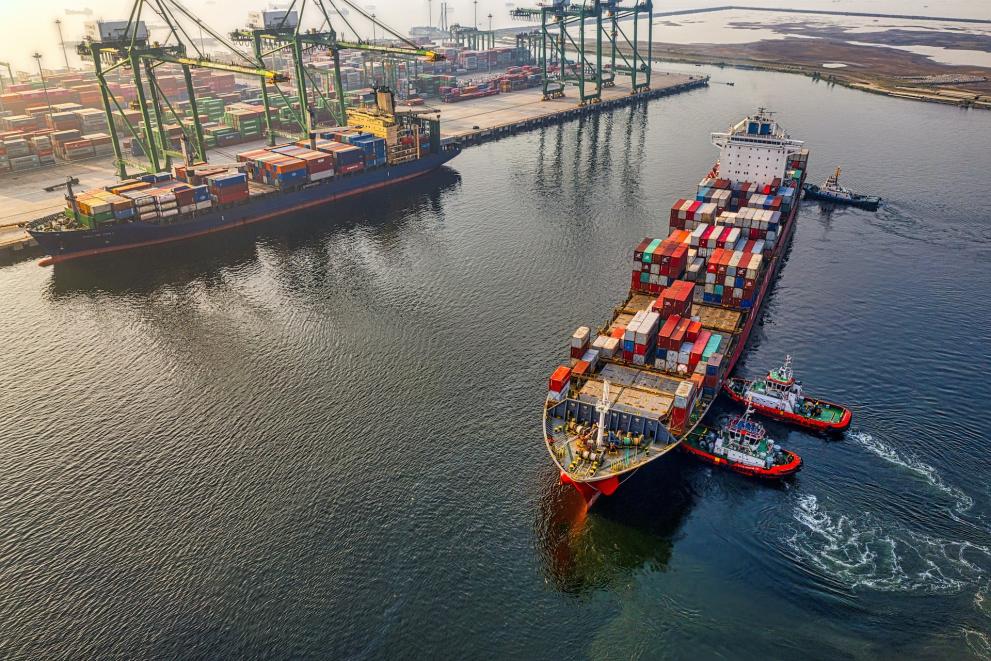
The Philippines faces inherent risks associated with the proliferation of chemical, biological, radiological, and nuclear (CBRN) weapons. The presence of terrorist organisations, proximity to countries with CBRN capabilities, lax border controls, the lack of comprehensive regulations, the existence of dual-use goods and technologies, and potential insider threats all contribute to the country’s overall vulnerability. A comprehensive approach, including strengthening security measures, enhancing border controls, implementing effective regulations, and promoting international cooperation is required to alleviate these risks and prevent the unauthorised acquisition, transfer, or use of CBRN weapons or materials in the country.
Passing legislation on proliferation financing is one of the ways to mitigate CBRN proliferation risks. The Philippines can address the financial aspects of CBRN proliferation, including the detection and prevention of illicit funding channels that support the acquisition, development, or transfer of CBRN weapons or materials, by instituting a robust regulatory framework on proliferation financing. Regulations on proliferation financing can increase transparency, bolster anti-money laundering measures, foster international cooperation, and enable authorities to track and disrupt illicit financial flows associated with CBRN proliferation, thereby reducing the risk of these weapons falling into the wrong hands.
The European Union Partner-to-Partner Programme for Export Control of Dual-Use Goods (EU P2P) played a crucial role in assisting the Philippines in addressing its compliance with the Financial Action Task Force (FATF) Recommendation 7 on Targeted Financial Sanctions Related to Proliferation. The Asia/Pacific Group on Money Laundering (APG) initially rated the Philippines as "non-compliant" in 2019.
The EU P2P, in collaboration with the U.S. Export Control and Border Security (EXBS) and the U.S. Comprehensive Threat Reduction (CTR) programmes, Department of State, assisted the Government of the Philippines in raising awareness among officials and drafting national legislation, currently pending enactment by Congress.
EU P2P, EXBS and CTR held discovery sessions with the Strategic Trade Management Office, Anti-Money Laundering Council, Anti-Terrorism Council, Department of Finance, Department of Foreign Affairs, National Security Council, and the Department of Information and Communication Technology.
Thanks to these efforts, the Philippine Congress amended in 2021 the Anti-Money Laundering Act of 2001 with the passage of Republic Act 11521. R.A. 11521 grants the Anti-Money Laundering Council the power “to implement targeted financial sanctions in relation to proliferation of weapons of mass destruction and its financing, including ex parte freeze, without delay, against all funds and other assets that are owned and controlled, directly or indirectly, including funds and assets derived or generated therefrom, by individuals or entities designated and listed under United Nations Security Council Resolution Numbers 1718 of 2006 and 2231 of 2015 and their successor resolutions as well as any binding resolution of the Security Council”.
By August 2021, the Philippines reached a significant milestone, when it was re-rated as “largely compliant” by the FATF. EU P2P assistance was crucial in enabling the Philippines to strengthen its anti-money laundering measures and enhance its compliance with international standards on targeted financial sanctions relating to proliferation.
Supporting the establishment and consolidation of effective strategic trade control systems for dual-use goods
The European Union, offering a long-term perspective for cooperation and mutual economic benefits of export controls convergence, supports Philippines and other partner countries in the establishment of an effective strategic trade control system for dual-use goods in the framework of the EU Partner-to-Partner Export Control Programme for Dual Use Goods (EU P2P).
The EU P2P - EU CBRN CoE Project 90 (2021-2024) partners with countries in South-East Asia. The project is implemented by various EU Member States' authorities and bodies in the form of a consortium led by Expertise France, the French Agency for International Cooperation, with the French Dual-Use Export Control Office (SBDU), the German Federal Office for Economic Affairs (BAFA), the University of Liège (ULiège) and King’s College of London (KCL).
The EU P2P projects are funded by the European Union’s Global Europe: Neighbourhood, Development and International Cooperation Instrument (NDICI – GLOBAL EUROPE). As the EU P2P Programme actively contributes to CBRN risk mitigation, it is closely associated with the implementation of the EU CBRN Risk Mitigation Centres of Excellence Initiative EU CBRN CoE
To learn more about how the EU P2P is contributing to the establishment, consolidation or update of effective strategic trade control systems for dual-use goods around the world, please visit the EU P2P export control programme website
Details
- Publication date
- 16 February 2023
- Author
- Service for Foreign Policy Instruments
- CBRN areas
- Border control and monitoring
- Denying support for misuse and terrorism
- Illicit trafficking
- Import/export control
- Legal framework
- Transit and trans-shipment control
- CBRN categories
- Chemical
- Biological
- Radiological
- Nuclear
- CoE Region
- SEA - Southeast Asia
